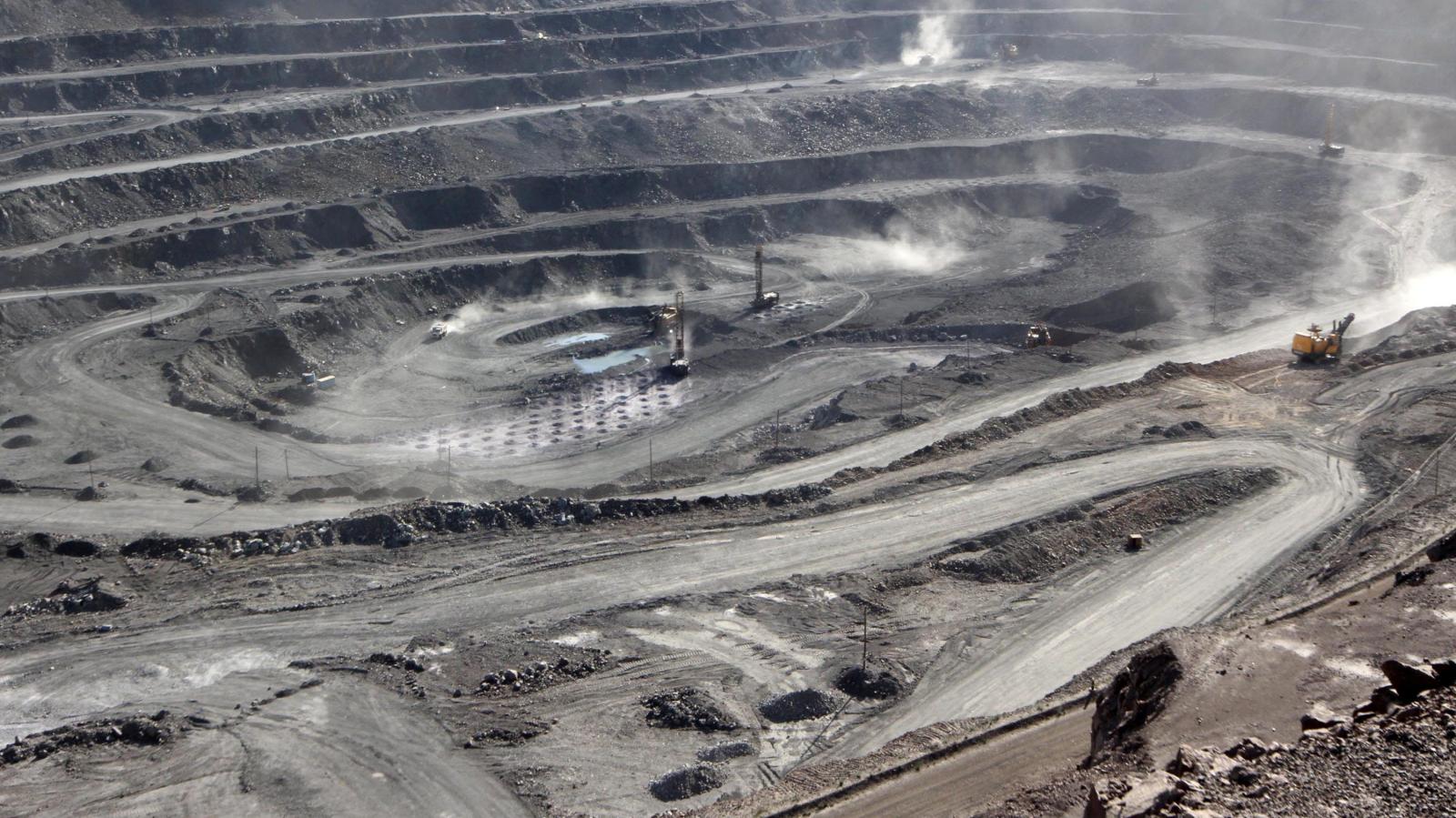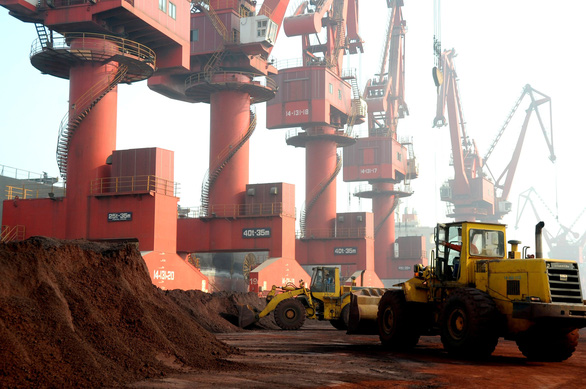China’s dominance in the global rare earth industry is enormous. The country accounts for nearly 60% of the world’s total mining output of these key elements, as well as controls about 85% of global processing capacity and produces almost 90% of all rare earth magnets. the eternal.
And one key factor that has helped China build and maintain its dominance over all segments of the rare earths supply chain has been carefully calibrated administrative tools. Specifically, here are tax policies and production quotas.

Rare earth mines in Inner Mongolia, China.
Quota and tax toolkit
China’s rare earth quota system has been constantly changing over the years. Initially, export quotas put a limit on the amount of rare earths that Chinese companies could sell to overseas buyers. However, China had to cancel its export quota when in a report at the World Trade Organization in 2014, the US complained that quotas were unfair trade practices. The Beijing government later replaced export quotas with production quotas, granting production permits only to a small number of state-owned rare earth corporations.
A new tax system has also been introduced to strengthen China’s state control over the rare earth industry. At first, this was a resource tax, levied on the quantity produced. Today, the tax is based on value, specifically a value-added tax (VAT) of 13% levied on all rare earth products.
“The production quota system, combined with the new tax system, now serves as an effective defense against international efforts to disrupt China’s quasi-monopoly supply chains.” Per Kalvig, senior researcher at the Geological Survey of Denmark and the Center for Minerals and Materials of Greenland, said in a report published last month on the global rare earths supply chain.

China has just merged three state-owned corporations to form a giant corporation in the field of rare earth mining.
How does China’s VAT protect and fend off competition from abroad?
Kalvig detailed how China is using its VAT system to tilt the playing field in favor of the domestic rare earth industry.
All rare earth products, including oxides, metals and magnets, are subject to a 13% VAT. When a manufacturer purchases raw rare earth materials in China, they pay the international market price, which includes a 13% tax. If raw rare earth materials are exported from China, VAT will not be refunded. But exporting rare earth magnets from China is eligible for VAT refund. That means that China’s rare earth magnet manufacturers have a 13% advantage in raw material cost over foreign rivals.
“Thus, in the upper and middle parts of the supply chain, an economic competitive advantage of 13% in favor of Chinese companies has been established and an economic incentive has been created to increase value in China. all accumulated parts belong to China”, Kalvig wrote.
Meanwhile, a foreign company that wants to sell rare earth products to China will face fees and taxes.
If the company is selling rare earth concentrates (produced when the raw ore has undergone pre-treatment) to China, VAT and import duties will not apply. However, rare earth materials that have been further processed to become things like oxides, carbonates and metals will be subject to a 5% import tax and a 13% VAT. This is detrimental to rare earth projects abroad, as they can only sell to China rare earth concentrates, which have low added value, and products that have been processed more heavily. taxes and can only compete in China if they accept to sell at a lower price – something that is not attractive to investors.
All of this has important implications for countries trying to build their own rare-earth supply chains to be more competitive and less dependent on China.
Kalvig notes: Overall, China’s tax system means that, without changes to VAT refund schemes, China will maintain its monopoly position in the rare earth value chains.
In addition to fending off competition from abroad, the tax system also helps shift China’s domestic rare earth industry to activities with higher value-added and more sophisticated technology, such as metal manufacturing. permanent magnet. At the same time, it also preserves China’s strategic rare earth resource reserves.

The US wants to break China’s monopoly on rare earths, maybe but it won’t be easy.
How the US can use tax policies to win back the rare earth game
However, China is not the only country using tax policy to its own advantage in its rare earths sector. The US is also preparing its own tax toolkit.
A bipartisan bill introduced in Congress last summer would provide tax credits for domestic production of rare earth permanent magnets. Meanwhile, analysts are also calling for such production tax credits to be extended to each link in the US rare earths supply chain, so that rare earth mining is eligible for the discount. deduct the highest tax based on the depletion rate of mines, wells and the like.
Refer QZ
